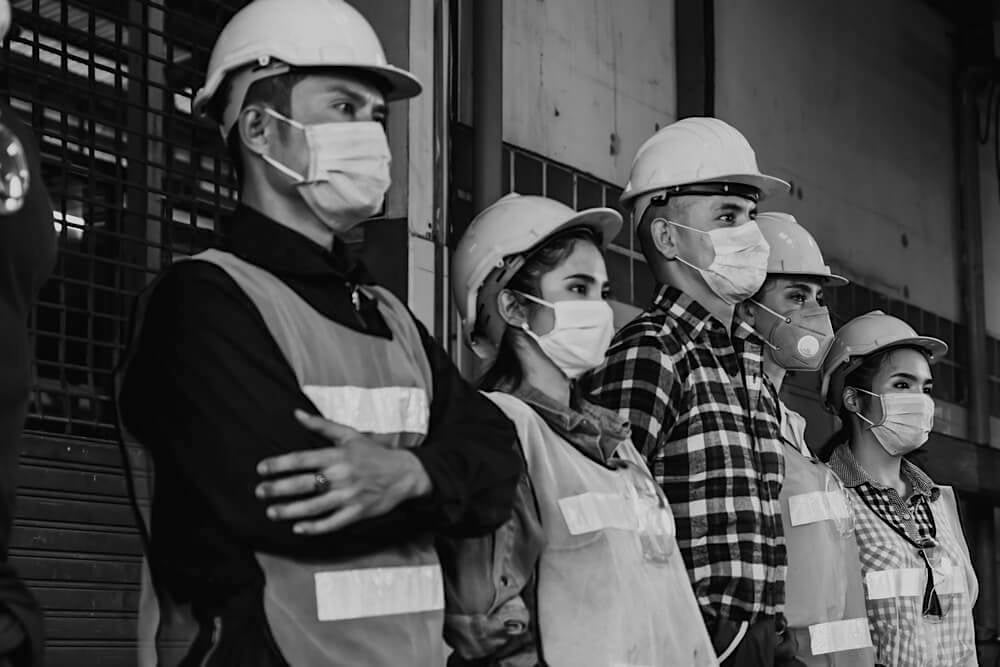
The COVID-19 pandemic continues to have the most significant and widespread economic impact since World War II. Unfortunately, there are no benchmarks to compare what is happening or to accurately assess the overall medium and long-term impacts. As Owners and Contractors start picking up the pieces from this pandemic—and as we see projects that were halted, businesses that have been closed, and many other construction concerns—there are a few things to be mindful of:
1. Lessons LearnedUnfortunately, no company was prepared for a pandemic. It has created a lot of pressure for project Owners and Contractors. Now, as we pick up the pieces in the construction industry, we can reflect on some things we’ve learned:
- Negative effects on Contractor supply chain disruptions and liquidity
- Negative effects on the delivery of construction projects
- Negative effects on project lenders and their financial commitments
- Projects suffer from revenue drop-offs
- Government’s direct funding toward Environmental, Social, and Governance (ESG) programs
- Increase in Government promotion on infrastructure spending
As COVID-19 disputes start to manifest, there will be some key cases that will ultimately set the precedent. The claims that are likely to manifest into formal disputes will be multifaceted. Clauses dealing with force majeure, suspension, change in law, termination, and extension of time will be at the heart of these disputes.
As of now, formal disputes have yet to be seen as Stakeholders are still assessing the impact of COVID-19 and are taking steps to manage and mitigate the immediate effects, (i.e. shutdowns, reduced workforces, etc.). Over the next 6-12 months, we will start seeing the consequences from both the Owner and Contractors’ actions. Owners are attempting to lever contractual or common-law; Contractors are using Force Majeure to protect against any Owner claims regarding delay or liquid damages and trying to obtain additional compensation.
Some various underlying legal issues could play into a pandemic construction claim, such as:
- Causation arguments
- Constructive Acceleration
- Cardinal Change
- Abandonment
- Mitigation
- Waiver and Estoppel
As the construction industry starts to move forward, we will see adjustments to the bidding process and how they will be priced with the uncertainty regarding future work.
There will be changes in Risk Allocation. If Contractors are asked to assume that increased supply change risk pricing will trend higher, then there will be:
- Higher levels of liquid security for obligations
- A widened spread on construction debt
- Insufficient traditional funding resources
Lastly, companies will need to think strategically about disputes that may arise following a force majeure event. It will be important to evaluate contracts closely and understand each party’s obligations.
Overall, everyone in the construction industry will have some form of negative impact from this pandemic. We all have had to learn, adjust, and move forward. However, Owners and Contractors that have invested time into issues—and worked hard to develop strategies to tackle those issues—will be the ones to emerge from this recession period the least scathed.
If you have additional questions regarding your policies and how the pandemic is affecting your insurance, reach out to your Broker or TSIB today.
image credit: Blue Planet Studios/shutterstock.com


Comments